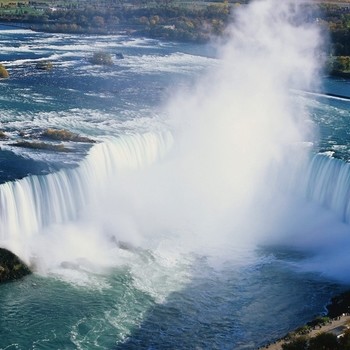What two products are formed when a base is neutralized by an acid?
2 Answers
A salt is always formed in a neutralisation reaction, and water is also formed if there are hydroxide ions.
Explanation:
Recall that the definition of a base has changed from something that supplies
Following on from this definition, it is possible to have a neutralisation reaction in which only one product is formed. This product will always be a salt.
The above is an example of a neutralisation reaction in which water isn't formed.
However, when hydroxide ions are present, water will be formed
A salt is always formed in a neutralisation reaction, and water is also formed if there are hydroxide ions.
Explanation:
Recall that the definition of a base has changed from something that supplies
Following on from this definition, it is possible to have a neutralisation reaction in which only one product is formed. This product will always be a salt.
The above is an example of a neutralisation reaction in which water isn't formed.
However, when hydroxide ions are present, water will be formed

